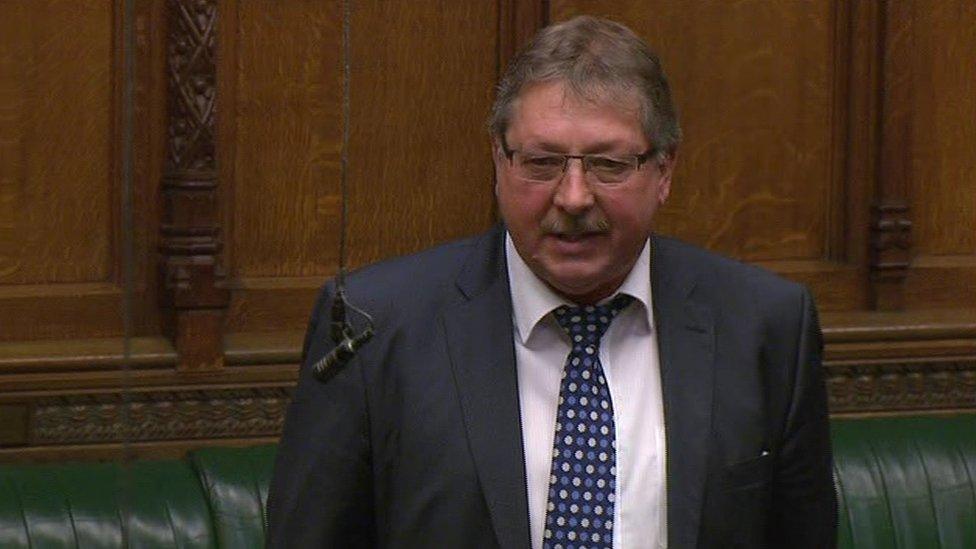EU referendum: Northern Ireland farm families 'split over Brexit'
- Published
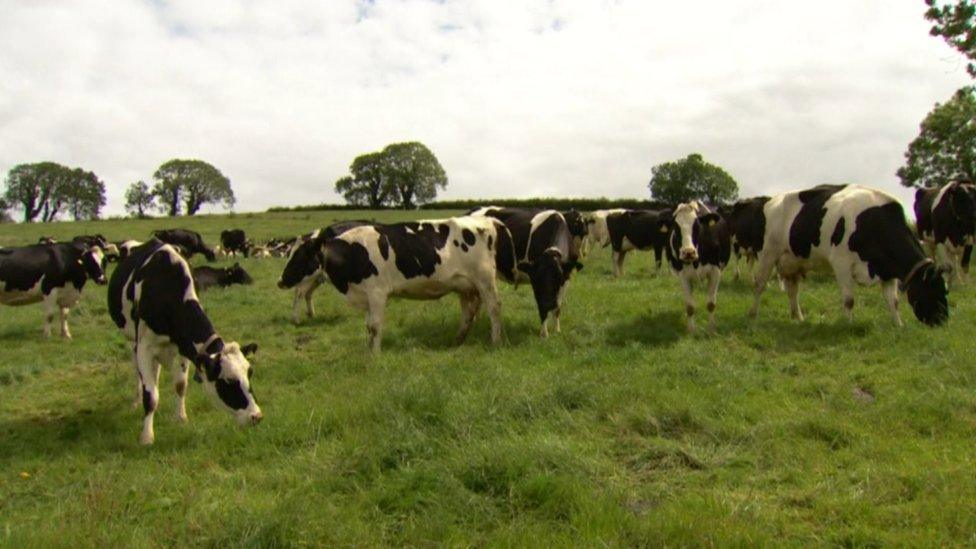
The issue of a potential 'Brexit' is a divisive one amongst Northern Ireland's farming community
Some Northern Ireland farm families are split down the middle over the EU referendum debate, a Westminster committee has been told.
Ulster Farmer's Union president Ian Marshall told MPs that there were "husbands and wives who are completely opposed on this".
He said it was a "head versus heart" debate for many.
Mr Marshall said farmers were balancing the need for access to European markets against concerns over loss of identity.
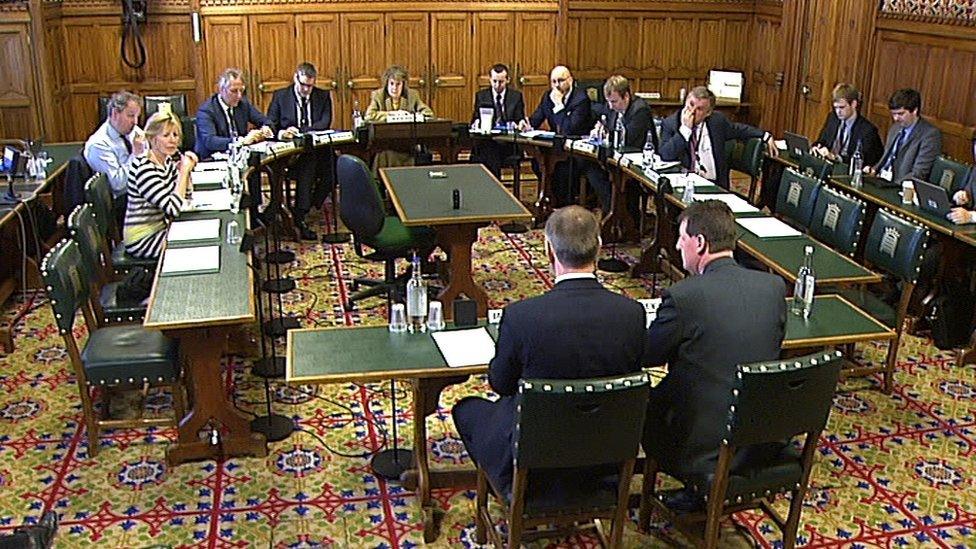
The Ulster Farmer's Union's Ian Marshall and Wesley Aston were appearing at the Northern Ireland Affairs Committee
But he repeated the union's position that in the "absence of a compelling case" for exit, it believed continued EU membership was the better option.
He told MPs that farming was not delivering profits and the industry relied on subsidies to survive.
Mr Marshall and the union's chief executive Wesley Aston were giving evidence to a parliamentary inquiry into issues around the referendum.
During more than an hour of evidence they were asked about subsidies, red tape and access to markets.
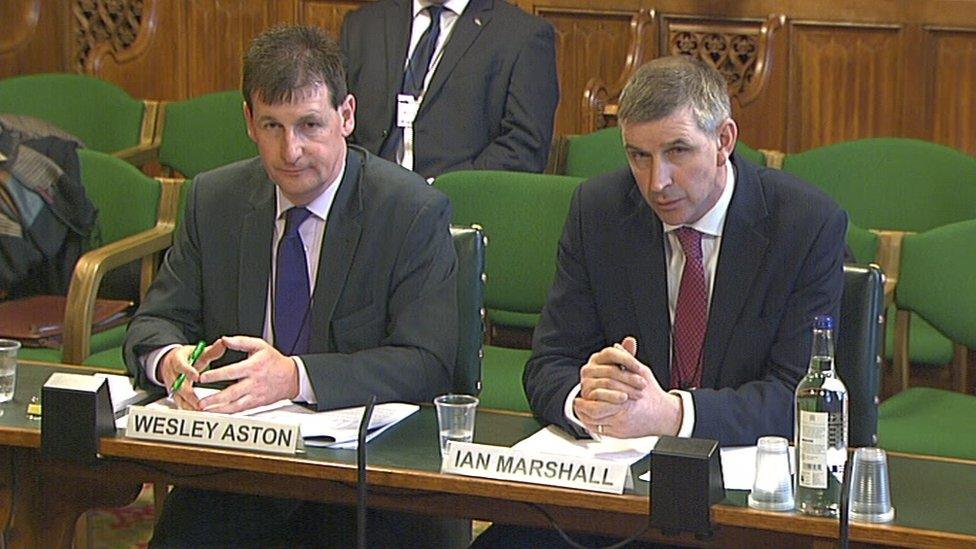
The Ulster Farmers' Union told the committee that farming families in Northern Ireland were 'split down the middle' on whether the UK should leave the EU
'Informed decision'
The officials said Northern Ireland's 30,000 farmers needed "information, guarantees and assurances to come to an informed decision".
The DUP's Ian Paisley said in "every day" of his 18 years as an elected representative he had had complaints from farmers about the complexity of the Common Agricultural Policy.
And he insisted that after an exit, the UK government would continue to provide financial support to farmers.
Mr Aston said key elements of any new UK arrangement post-Brexit would be a continuation of subsidies and measures to reduce red tape.
MPs were told that in 2013/14 farmers received £266m in direct subsidy support and a further £83m went to the wider rural economy.
The union officials questioned whether the UK government would replace EU subsidies to the same level.
Mr Marshall said in the absence of guarantees they would have "huge concerns" about what any new UK scheme would potentially look like.
- Published15 March 2016
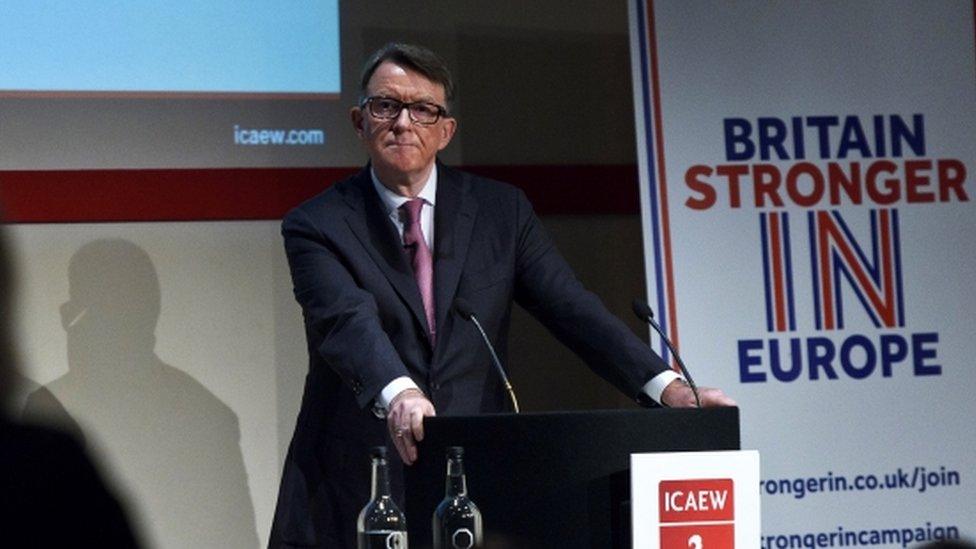
- Published7 March 2016
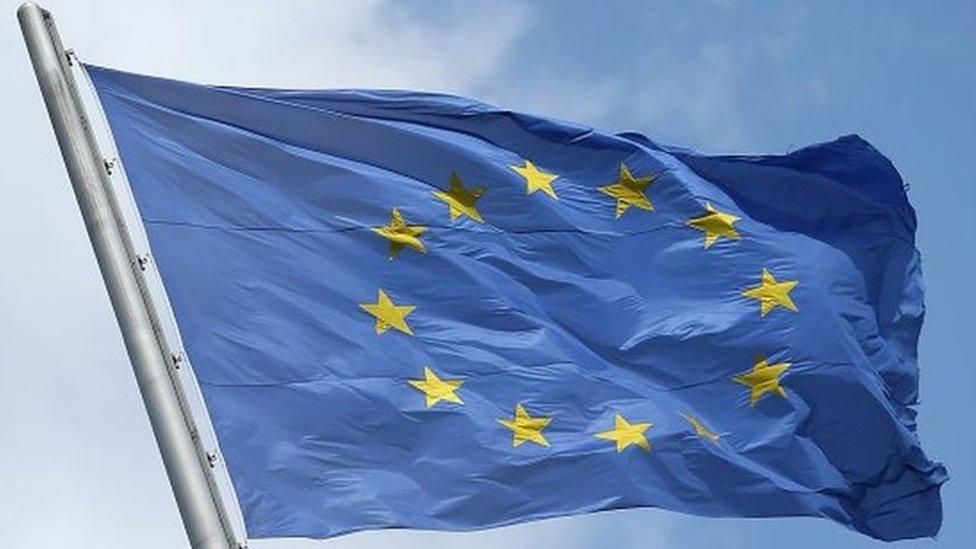
- Published8 February 2016
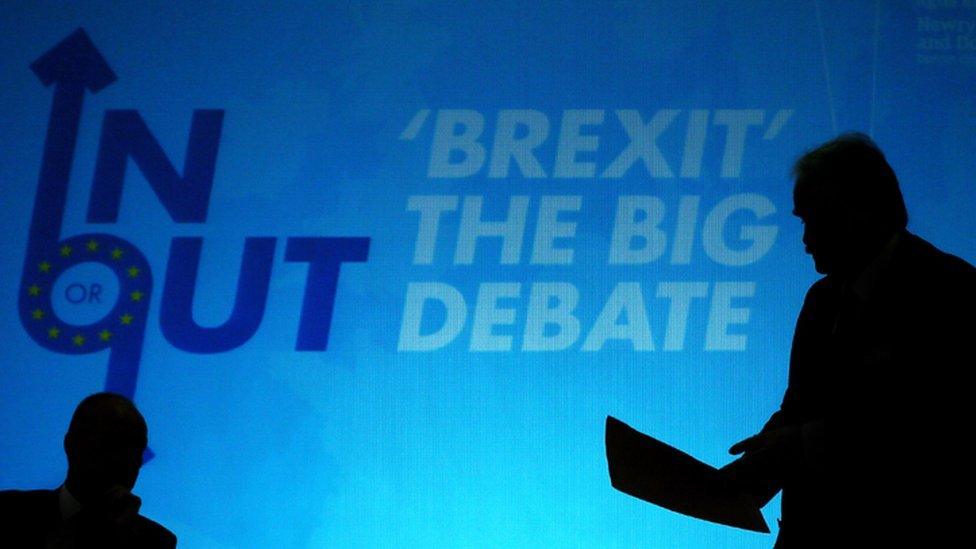
- Published3 February 2016

- Published30 December 2020

- Published25 January 2016
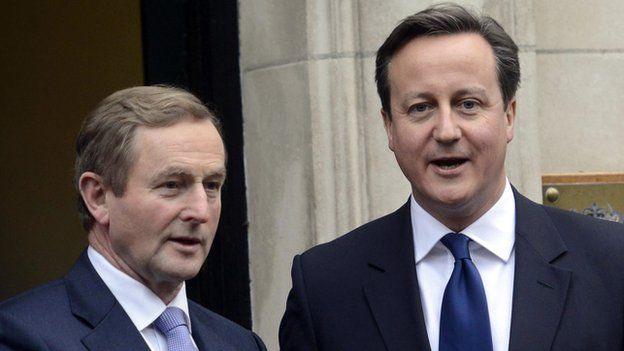
- Published22 January 2016
- Published21 January 2016
